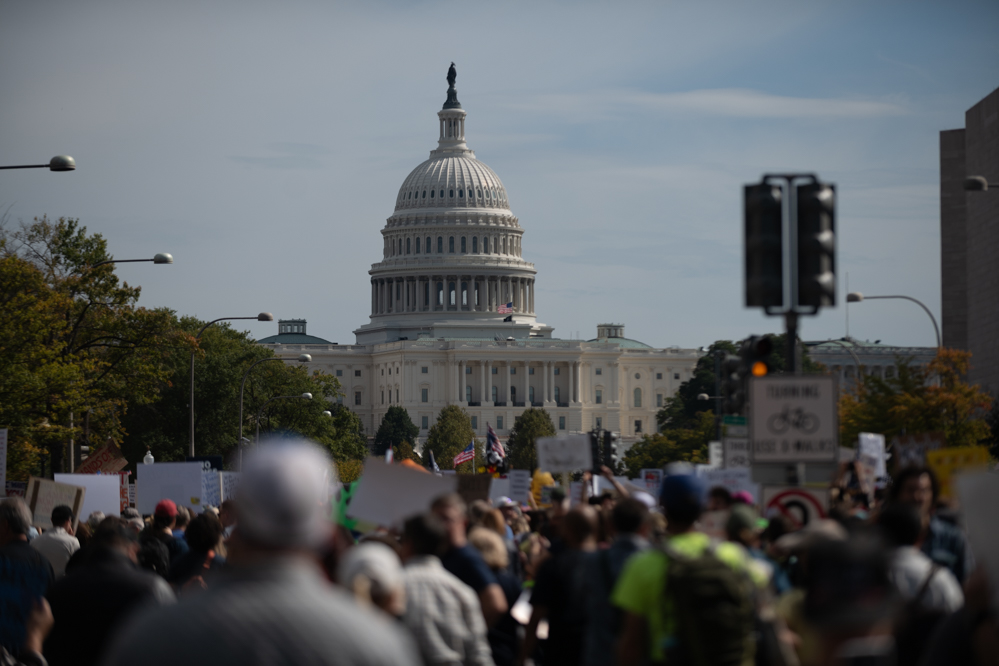
On Tuesday, the A.S. senate discussed at length an amendment to their proposed constitutional changes citing inadequate funds, centralized power and the preservation of democracy in campus elections.
Pending the approval of changing twice yearly elections to once, the senate debated to allow the next A.S. president power to appoint 11 vacant senate seats in the spring 2012 semester when those senators’ terms will expire without an official election to replace them.
Other alternatives included allowing senators elected in fall 2010 to serve an extra semester or conduct an election in fall 2011 to appoint senators to a six-month term.
Back and forth discussions lasted 90 minutes, even though A.S. policy already permits the president the ability to appoint representatives to vacant seats.
“The concern, if I understand correctly, is the president would have to make too many appointments,” A.S. President Conor Lansdale said. “Depending on the situation, some presidents will have to appoint more. I’ve already appointed more than that.”
The amendment put forth to the senate by Vice President Neil Sanchez stipulated that a two-thirds majority vote would be necessary to approve these senators for a single term. This would allow colleges to be represented while correcting any overlapping terms that may occur due to the change in election cycles.
Senators became visibly frustrated during the debate: some rolled their eyes and others shook their heads, while few laughed at the redundancy in the arguments presented.
Senator Amanda Flavin led the charge to reinstate a second election for the 2011-12 academic year to allow students the chance to appoint their single-semester representatives.
“It speaks to a more democratic process,” she said. “It would only cost more money for one semester.”
Theoretically, those funds were set aside for a fall election since the change had not been approved and A.S. typically factors them in to their annual budget, said Senator Sydni Powell.
Senator William Ryder supported his senior business and economics senator Flavin by citing democracy, fairness in allowing students to choose their representatives.
Sanchez disagreed with these arguments. He said it was a significant stretch to assume CSUN would not be upholding its dedicated to democratic practices by approving his amendment.
“It’s not our place to define democracy,” Sanchez said. “That is quite a bold statement to make.”
About one hour after the session convened, Lansdale made the decision to move on from the matter.
“The great thing about democracy is compromise, if you don’t want to compromise, the chair will,” he said. “We are talking in circles and this is becoming an issue of people standing their ground.”
The senate tied twice before voting in favor of the amendment 12-7 with three abstentions.
Policy, procedures did not change as a result of this approval. Elected senators will continue to be required to conduct candidate interviews with the A.S. president and approval of those candidates will still be dependent on a two-thirds majority vote.




